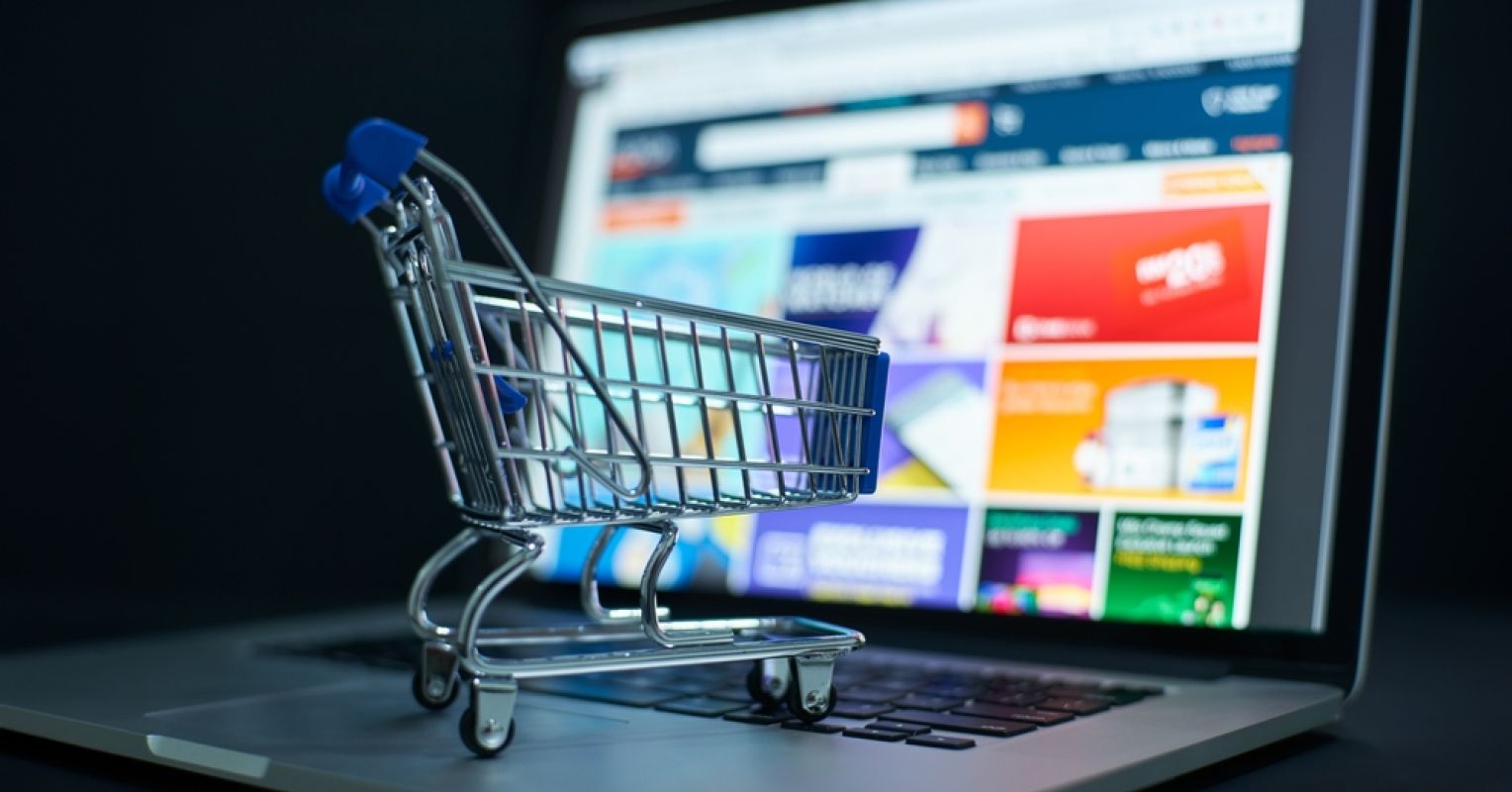
I have always intended to live my life with as small a footprint as I could—buying minimally, locally, and used, supporting independent businesses. And mostly, I have.
But I got sucked in by the convenience of the click, the constant barrage of “personalized” emails reminding me I am just one click away from happiness, but I must hurry. (“Patricia, the shirt you like is on sale. Today only.”)
Recently, my credit card and email address conspired to make my online buying a total mess. It was an eye-opening process that showed me how far I had gotten from my low-footprint ideal. I was like the frog in the kettle, gradually going under, holding my plastic card above the boiling water.
I had to change the email address I have used since whenever emails began. At the same time, my credit card was renewed but came with a different security code. This threw off my entire system of commerce and communication. My credit card doesn’t believe I am me because it doesn’t recognize my new email, despite my having gone through their convenient 174-step updating process.
The card works when I use it in person but rejects online purchases. My bank is also suspicious of my being me because I have both a new email address and credit card, so I have had to contact an actual person, which means going through a bevy of bots insisting they can help me if only I ask the right questions.
My old email theoretically forwards messages to my new address, but that works only intermittently. Friends are getting emails returned, I am getting duplicates, and I am spending hours in front of my computer updating accounts instead of in person with those friends. Yet retailers have found me just fine.
I’m Awash With Unsatisfying Things
I was facing a perfect storm of consumerism on steroids through communication systems designed for somebody else’s profit. I was awash with things, and none of them satisfied me.
My every click is interpreted by an algorithm that creates a reasonably accurate consumer profile. I understand the psychology of this. Constant repetition—emails, ads on social media—wear me down. And a time limit—the shirt will cost me $2.75 more tomorrow—lends an urgency that appeals to my stressed mind.
I know these are all impersonal interactions, which makes me less vulnerable on an intellectual level. But buying is seldom a totally intellectual process. My spending is largely emotional. In no way do I need that shirt.
Despite theoretically knowing better, I can be an easy target, socialized to believe that I can buy my way into nirvana with just the right purchase. Lands’ End always has a cuter sweater than those in my closet, the Vermont Country Store a cozier comforter, and Eddie Bauer thicker towels. If only I had it all, I would be comfy, cute, and content, right? Of course not. I’ll never be happy if I think my spirit is fed by stuff from my shopping cart.
But this need for bright and shiny things is making a mess in many parts of my world.
Nobody Is Coming to Save Me
I have been mindlessly buying, assuming others would take care of the pesky environmental, social, moral, and economic downsides of overconsumption. Dirty water and air, exploited workers, and fossil fuel consumption from manufacturing, packaging, and delivery. Amazon and UPS trucks block the way as I drive to the grocery store because everybody needs everything now, and those poor drivers are on an untenable schedule.
Well, nobody is coming to save me. But I am making lots of people very rich, and they are mostly people I don’t like much.
It took that perfect storm of credit card rejection and email chaos to remind me that buying quickly and easily has not improved my life but has cut me off from the social contacts that energize me while creating waste that hurts the planet.
I’m trying to unplug from easy-buy systems. I unsubscribe from a retailer as soon as an email pops up in my inbox. I block ads on Facebook. I get books at my excellent library or at the local independent bookstore, which are both pleasant places full of people like me who love to read, where I can enjoy real social interaction.
When I go to the eclectic used furniture store, I usually meet an acquaintance and have a lively visit. And seeing things in person makes them look much less appealing than they do in a beautifully staged and edited photo. Plus, the algorithms cannot track me there. I think.
A friend made a commitment to buy no clothes in 2024 except new underwear and athletic shoes. She said it has been freeing. It sounds sane to me. Imagine how much frustration I would save if I stopped looking for the perfect white shirt, ordering it, realizing it looks like a gunny sack on me, then repackaging it and shlepping it back to the UPS store?
My credit card, ironically, works fine in person. Just not online. There’s a message there.
